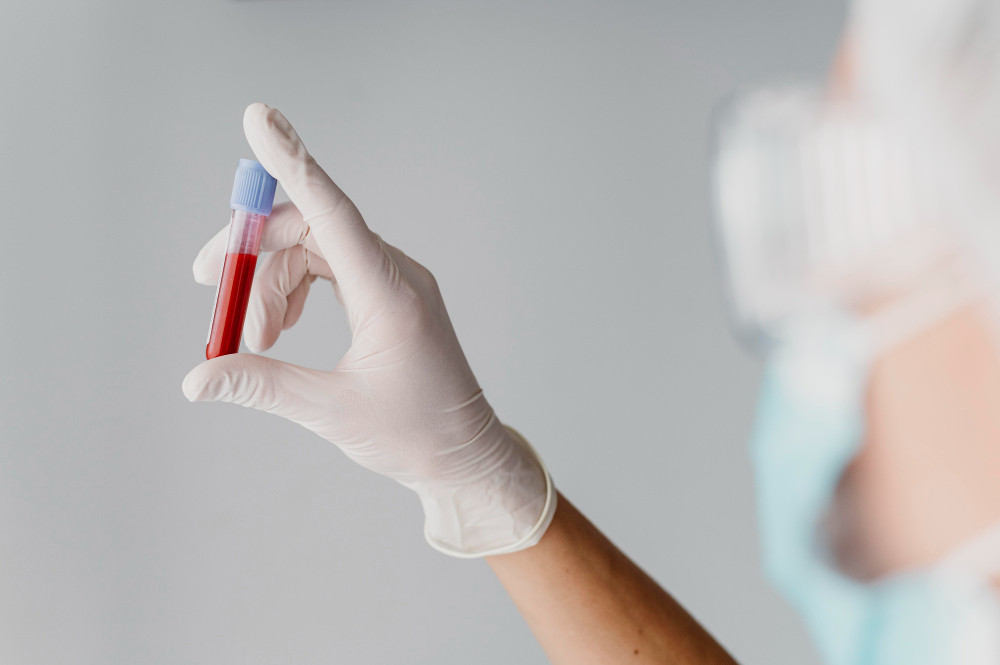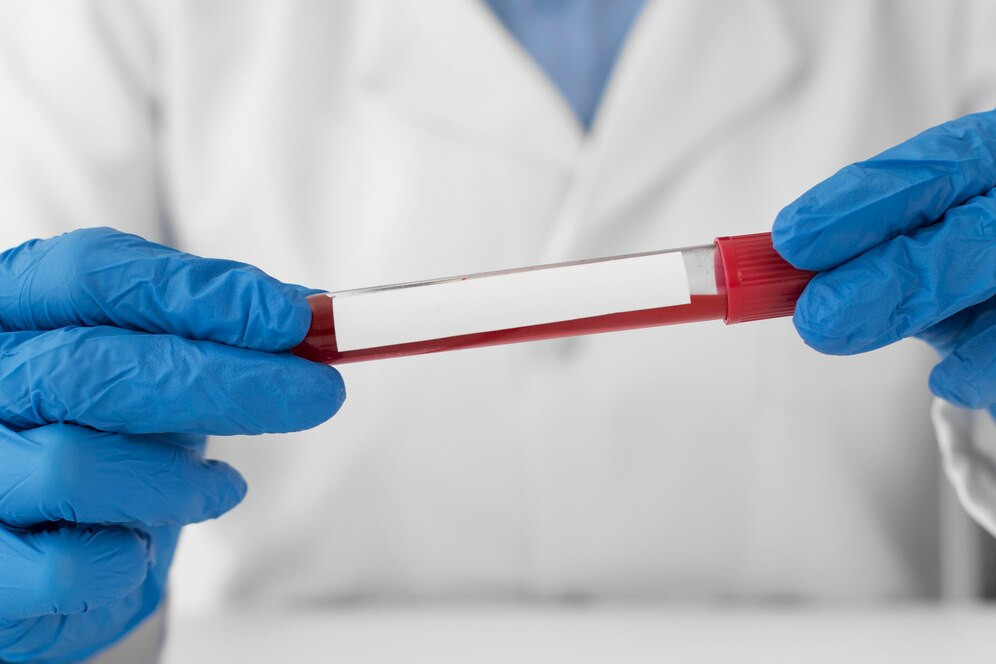Definition
Toxoplasmosis is an infection caused by the parasite Toxoplasma gondii, which can infect humans, birds, and various animals, particularly cats, often identified as primary carriers. This infection can spread through several routes, including exposure to cat feces, blood transfusions, organ or tissue transplants, consumption of food contaminated by infected soil, or eating undercooked or raw meat (such as goat, beef, or pork).
In pregnant women, toxoplasmosis can be transmitted to the fetus through the placenta, potentially resulting in premature birth, congenital toxoplasmosis, or miscarriage. Congenital toxoplasmosis is characterized by damage to the eyes, central nervous system, ears, or skin, and these complications may become apparent during adolescence or adulthood.
Following infection, the body produces IgM antibodies, detectable in the blood for up to two weeks post-exposure. Over time, IgM levels diminish and are replaced by IgG antibodies, which persist for life. However, IgM may reappear in cases of recurrent infection.
The Anti-Toxoplasma Avidity IgG test measures the bond strength between IgG antibodies and the Toxoplasma gondii parasite. This test helps differentiate between primary and past infections, as primary infections initially produce IgG antibodies with low binding strength, which matures into high-binding strength after 2 to 4 months.
Indications
The Anti-Toxoplasma Avidity IgG test is particularly important for detecting suspected toxoplasmosis in pregnant women, especially when both IgG and IgM tests yield positive results. This test helps estimate the timing of infection and assess an individual's infection history. Additionally, it aids in identifying complications arising from active toxoplasma infections.
Contraindications
The Anti-Toxoplasma Avidity IgG test is generally safe, with moderate associated risks. There are no specific contraindications, and the procedure is comparable to a routine blood sample collection.
Preparation Before the Test
No special preparations are necessary for the Anti-Toxoplasma IgG test. You may consult with your doctor about any medications you are taking prior to the test. Fasting is not required for this examination.
Test Procedure
The Anti-Toxoplasma IgG test is a straightforward process requiring a blood sample. Laboratory staff will first cleanse the area on your arm with sterile alcohol before drawing a small amount of blood from a vein using a sterile syringe. For infants, blood is typically collected from the heel. Once collected, the sample is placed in a blood tube and processed using specialized laboratory equipment. The risks associated with this test are minimal. Some individuals may experience mild discomfort, dizziness, or bruising during the procedure, but these symptoms generally subside quickly.
Normal and Abnormal Values
The strength of the bond between IgG antibodies and the Toxoplasma gondii parasite is expressed as the avidity index value. A value of <0.50 (or <50%) indicates a weak bond, often associated with a recent infection (within the last 3 months). Meanwhile, a value of >0.60 (or >60%) reflects a strong bond, typically linked to an older infection that occurred over 3 months ago. Values between 0.50 and 0.60 (50%-60%) represent a borderline range, suggesting an indeterminate period of infection, where the virus may not yet be active.
Results and Recommendations (Further Testin)
The interpretation of test results can vary based on factors such as age, gender, medical history, and the method of testing used. As the Anti-Toxoplasma Avidity IgG test alone is insufficient for a conclusive diagnosis, additional tests, such as the Anti-Toxoplasma IgM examination, are necessary.
In patients with a low avidity value, namely <0.50, it indicates a toxoplasma infection within the last three months. While patients with a high avidity value, namely >0.60, it suggests an older infection acquired more than three months ago. If the test results have borderline values (0.50 - 0.60), the patient may require follow-up tests or a waiting period for clearer results, as the infection is at an undetermined stage of activity.
Consult the Right Doctor
If the results of your Anti-Toxoplasma Avidity IgG test are abnormal, consulting a general practitioner is advisable for proper diagnosis and treatment. These results can be influenced by various factors, such as medications, lifestyle, diet, or specific health conditions like pregnancy, which may affect progesterone levels.
Your doctor may recommend follow-up examinations or refer you to an internal medicine specialist if needed. The treatment's effectiveness and any symptoms you're experiencing will also be monitored closely. Be sure to share all relevant details with your doctor.
Interested in learning more about laboratory, radiology, and other test results? Click here!
- dr. Monica Salim
Toxoplasmosis Testing. (2021). Retrieved 11 July 2023, from https://www.testing.com/tests/toxoplasmosis-testing/
Toxoplasmosis Test. (2021). Retrieved 11 July 2023, from https://www.healthline.com/health/toxoplasma-test
How Toxoplasmosis is Diagnosed. (2021). Retrieved 11 July 2023, from https://www.verywellhealth.com/toxoplasmosis-diagnosis-4164712
Toxoplasmosis IgG and IgM. (2022). Retrieved 11 July 2023, from https://www.biron.com/en/glossary/toxoplasmosis-igg-and-igm/
Toxoplasma Blood Test. (2022). Retrieved 11 July 2023, from https://medlineplus.gov/ency/article/003514.htm
Role of Toxoplasma gondii IgG Avinity Testing in Discriminating between Acute and Chronic Toxoplasmosis in Pregnancy. (2020). Retrieved 11 July 2023, from https://journals.asm.org/doi/10.1128/jcm.00505-20
IgG Avinity ELISA Test for Diagnosis of Acute Toxoplasmosis in Humans. (2012). Retrieved 11 July 2023, from https://www.ncbi.nlm.nih.gov/pmc/articles/PMC3375462/#:~:text=High%20avidity%20(AI%E2%89%A560,within%20the%20last%203%20months.











